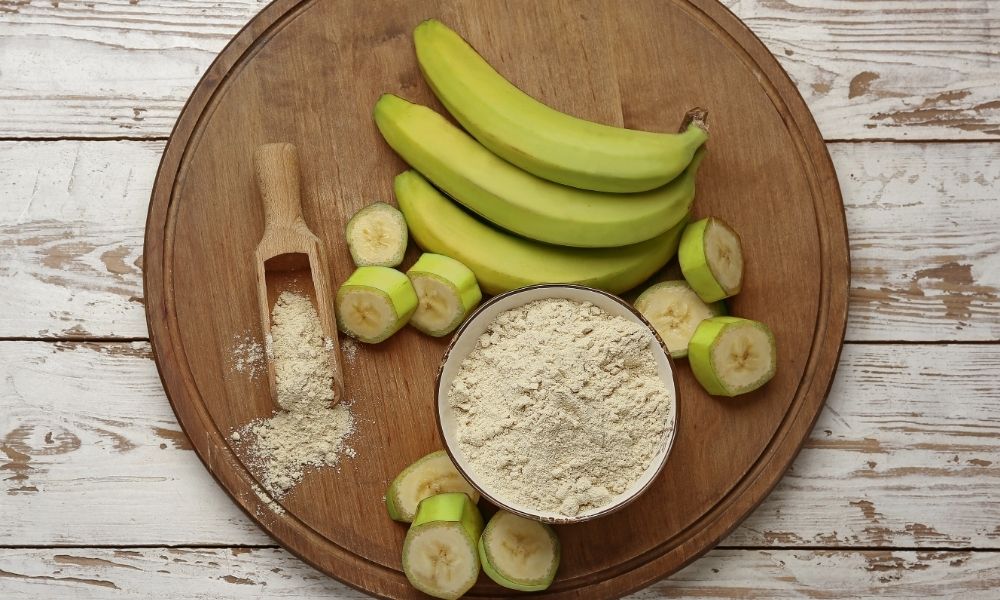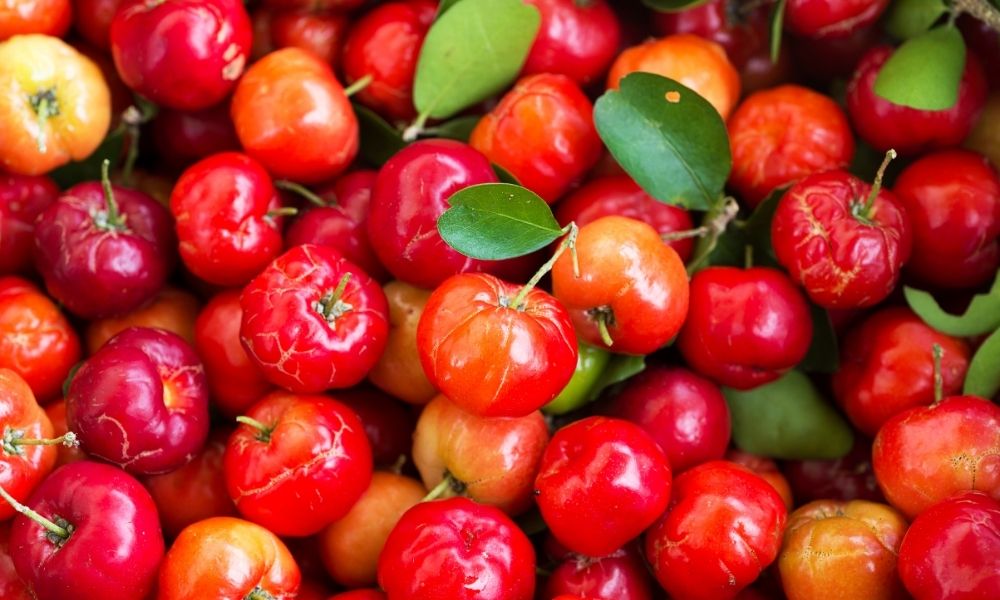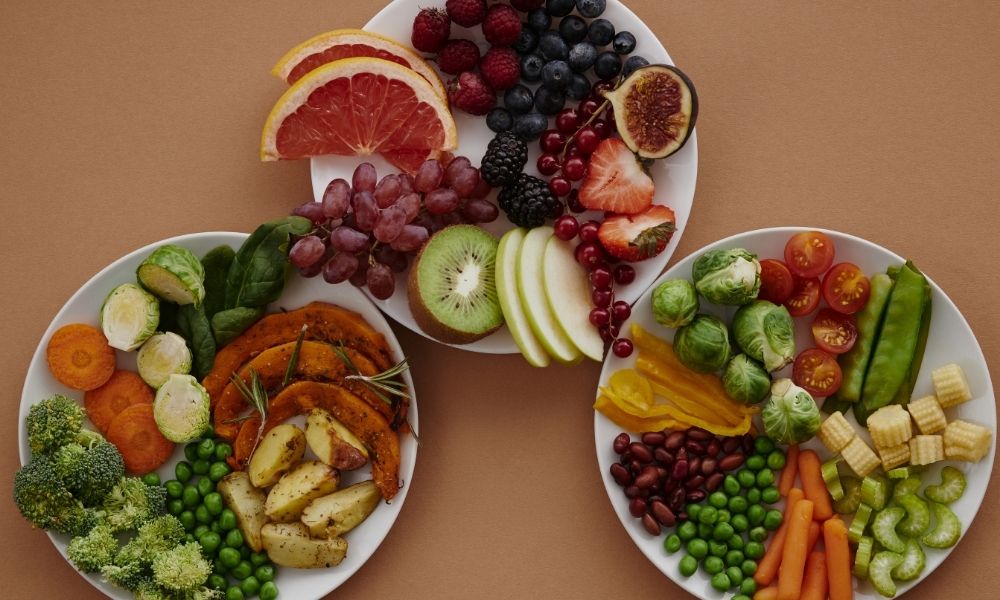In a previous post in this blog, we mentioned how much we care about every single customer, regardless of the size of the first order (click here to read it). Taking our customers’ project seriously, we can confidently recommend the best ingredient(s) for the formulation and provide customized insights for product development. Taking our customers’ project seriously, we can confidently recommend the best ingredient(s) for the formulation and provide customized insights for product development.
It brings great joy to see our customers moving from small own-kitchen batches to pilot batches that look and taste amazing, and then to full-scale industrial batches. From the sideline, we have been cheering for many of our CPG customers and witnessing how they can get turbocharged (or harmed!) by operational partners. One of the most critical operations to secure a successful trajectory is the choice of a co-packer or a contract manufacturer (aka co-man). And what a complex choice that is!
So many questions will come up: quality requirements and certifications? MOQs, lead times, cost? Who will buy the ingredients, who will own the product formulation, how long can the product be stored there? Are you free to go to another co-packer, or co-man whenever you want?
As in every complex situation, there is not a “one-size-fits-all” solution here. One certainty is that a lot of risk can be mitigated with legal support while drafting such agreements with your co-packer/co-man. ChatGPT will list over ten very important criteria, but seasoned industry professionals indicate that there is a high probability that your first choice of a co-packer will prove wrong. All the successful brands have sooner or later hit these bumps in the road. The most important thing is to identify the early signs of problems and make sure that you have the freedom to go elsewhere.
Here is our humble list of the most important criteria in the selection process:
- Qualifications: make sure that the co-packer/co-man has all the certifications in place to support your brand/product positioning: besides the obvious (and very important) quality certifications (GMP, HACCP, GFSI), your brand might also need organic, kosher, gluten-free, no-GMO certifications that will require your manufacturing partner to be certified too.
- Capabilities: there must be a thorough review of the prospective partner’s industrial capabilities. Are all the necessary equipment and technologies readily available? In the right scale that will support future growth? Will lead times meet your needs in different growth phases? Do they have an R&D team to support your scale transposition to larger runs?
- Product formulation: there is a delicate balance between tapping into your manufacturing partner’s (very valuable!) expertise and keeping the ownership of your company’s most important asset – the product. Even if your company cannot afford much money in legal fees, this is an area where you must consider seeking legal help. It is very important to note that formulation is much more than the centesimal composition of the ingredients.
- Purchasing & warehousing support: it can be overwhelming for a small CPG company to source all the packaging materials and ingredients and get them delivered to the manufacturing partner in a narrow time range. Many manufacturing partners will be able to store these materials for a longer period before and after scheduled production campaigns. Not considering the cash flow implications, the longer they can store these items, the more flexible your planning can be. Moreover, some partners will allow you to benefit from economies of scale by sourcing some of those materials for your campaigns. It is of utmost importance to make sure that all the packaging materials and ingredients are of equal quality and performance. You might even consider not changing suppliers for some very critical ingredients that impact your product’s most important attributes (functional ingredients and flavor, for instance).
Ultimately, finding the right manufacturing partner will require a delicate balance of quality, cost, flexibility, and communication. Securing a strong partnership sets the stage for consistent production and commercial growth. At Verum Ingredients, we are very proud to work very closely with our customers and never shy away from discussions about their formulations and manufacturing challenges.




















